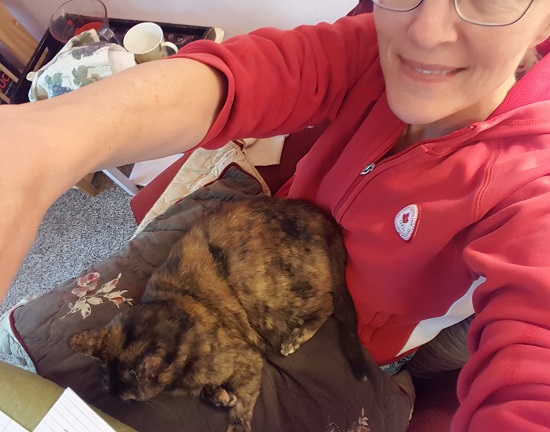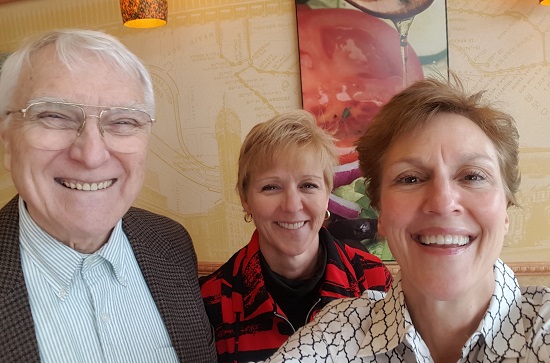The Fix published my memoir in serial form. On The Fix, it’s entitled The Last Addictions Memoir (Hopefully): An Evidence-Based Recovery Story and began here.
Table of contents:
Part 1 – Introduction and Handout 1 – 3/24/17
Part 2 – Handout 2 – 3/31/17
Part 3 – Handout 3 – 4/7/17
(Handouts published together as a guide to evidence-based self-care on my company’s blog.)
Part 4 – About the broken foot – 4/14/17
Part 5 – About my father – 4/21/17
Part 6 – About my mother and photographs – 4/28/17
Part 7 – About my mother and books – 5/5/17
Part 8 – About the baby – 5/12/17
Part 9 – About the first student – 5/23/17
Part 10 – About alcoholism as a horror story – 5/30/17
Part 11 – About the shootings – 6/6/17
Part 12 – About wishing for a redo after 4.5 years of abstinence – 6/13/17
Part 13 – About the final student – 6/20/17
Part 14 – About what I did on 12/28/12 – 7/4/17
Part 15 – About attention and abstinence – 7/18/17
Part 16 – About how I’m crazy – 7/25/17
Part 17 – About the abstinence protection plan deal, 8/1/17
Part 18 – About staying home, 8/8/17
Part 19 – About dancing, 8/22/17
The End – About love, 8/29/17
Here’s a link to all my writing for The Fix.
For background, here’s how I first envisioned navigating the logistics of publishing a memoir, as it’s being written, on The Fix, on this blog, and in computer files in hopes of future print publication. I’m keeping memoir-related posts in this category.
I wrote a list of possible titles and ran them by Laurel Sindewald. She picked one, then I ran that title by Maia Szalavitz. She added the word “hopefully.” And that’s the story of how it took three people to name a memoir.
My intention is to write an average of 500 words per day for the next 150 days, resulting in a book-length manuscript of 75,000 words. We’ll see how I do. (Updated 4/15/17: Not a chance I can keep that schedule. I write a piece, write a few more pieces, then return daily to polish the first piece to 1000 words to submit to The Fix. At my current rate, I’ll finish 75,000 words in 75 weeks, 1.5 years. That’s okay.)
“When my mother died, my father and I lost our orbits. My sister had wisely and courageously built a life and family in another universe. My father spoke openly of death, including his, and told us of his wishes. With the financial help of my father, sister and my brother-in-law, I moved into a house near my father. I handle his bookkeeping while he continues with his life’s work, and the three of us, my father, sister, and I, make the big decisions together.
So I consulted them when I realized I was ready to write the story of the past 10 years. Neither my father nor my sister requires me to share my work with them, nor has requested a single omission. However, the agreement I have with my father and sister, following the suggestions of Mary Karr in her The Art of Memoir and Sarah Hepola, author of Black Out: Remembering the Things I Drank to Forget, in “What My Parents Really Think About My Memoir of Alcoholism,” is that I share pages I have written about family members with them first. Of everything the reader might read about them or my mother, they’ve read it first and permitted its release. No more secrets. And to protect my own sanity and recovery from substance use disorder, I share the most difficult pieces with my counselors, mentors and friends before publishing.”
Already-written pieces that will probably be included in the final manuscript:
White Paper Gowns, 3/5/16
What It’s Like to Have an Addiction, The Fix, 7/28/16
What It’s Like to Be Abstinent, this blog, 10/24/16
I Just Didn’t Understand Addiction, 3/28/17



